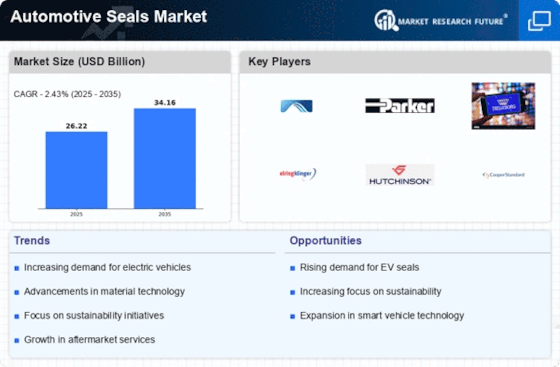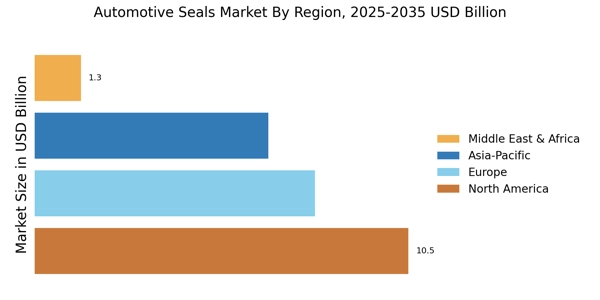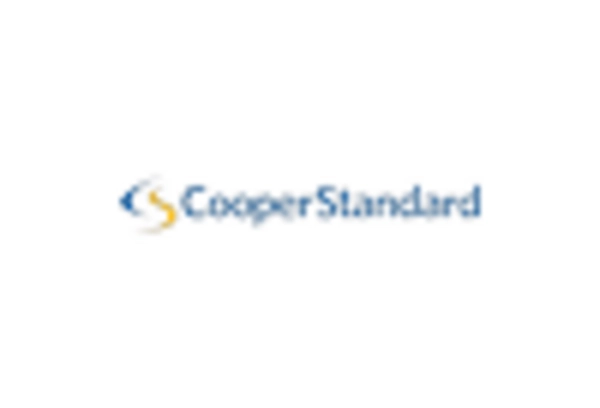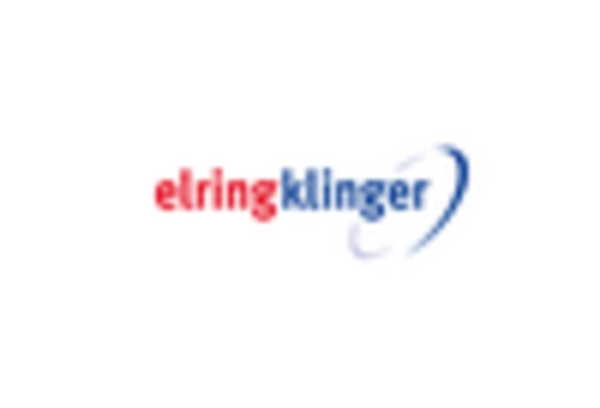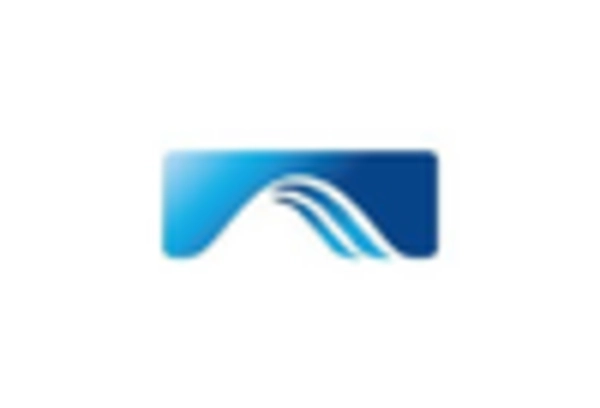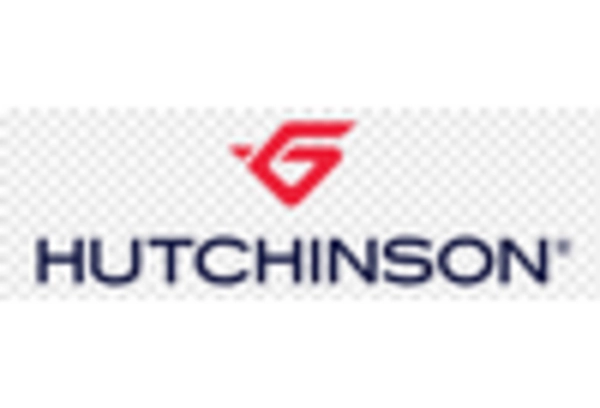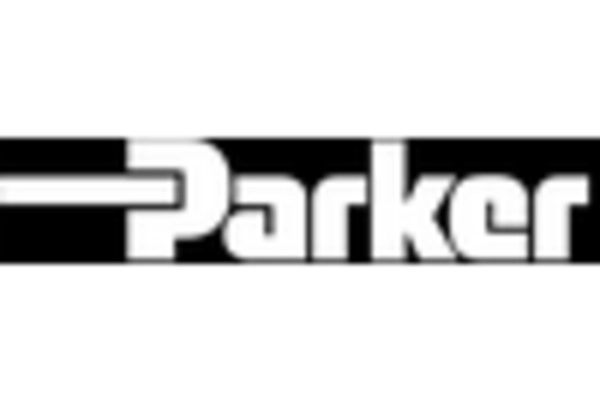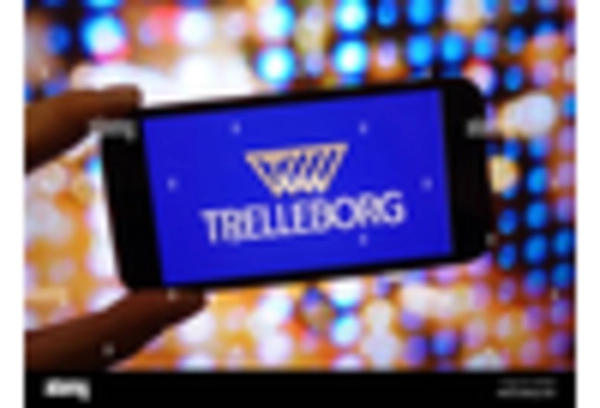Increasing Vehicle Production
The automotive industry is witnessing a surge in vehicle production, which directly influences the Automotive Seals Market. As manufacturers ramp up production to meet consumer demand, the need for high-quality seals becomes paramount. In 2025, the production of passenger cars is projected to reach approximately 70 million units, indicating a robust growth trajectory. This increase necessitates the incorporation of advanced sealing solutions to ensure vehicle integrity and performance. Furthermore, the rise in production is not limited to traditional vehicles; electric and hybrid vehicles are also contributing to this growth. Consequently, the Automotive Seals Market is likely to expand as manufacturers seek reliable sealing solutions to enhance vehicle durability and efficiency.
Growth of Aftermarket Services
The aftermarket segment is emerging as a vital driver for the Automotive Seals Market. As vehicles age, the demand for replacement parts, including seals, is expected to rise. In 2025, the aftermarket for automotive components is projected to grow at a compound annual growth rate of 4%, reflecting an increasing focus on vehicle maintenance and repair. This trend is particularly pronounced in regions with a high density of older vehicles, where the need for reliable sealing solutions becomes critical. The Automotive Seals Market stands to benefit from this growth, as manufacturers and suppliers cater to the rising demand for high-quality replacement seals that ensure optimal vehicle performance.
Rising Demand for Fuel Efficiency
The quest for fuel efficiency is a significant driver of the Automotive Seals Market. As consumers become more environmentally conscious, the demand for vehicles that offer better fuel economy is on the rise. This trend is prompting manufacturers to invest in advanced sealing technologies that reduce friction and improve aerodynamics. In 2025, it is anticipated that vehicles with enhanced fuel efficiency will account for a larger share of the market, leading to an increased need for high-performance seals. The Automotive Seals Market is poised to benefit from this shift, as manufacturers prioritize the development of sealing solutions that contribute to overall vehicle efficiency and sustainability.
Regulatory Compliance and Safety Standards
Stringent regulatory frameworks and safety standards are shaping the Automotive Seals Market. Governments worldwide are implementing regulations aimed at improving vehicle safety and environmental performance. For instance, regulations concerning emissions and fuel efficiency compel manufacturers to adopt advanced sealing technologies that minimize leaks and enhance performance. The automotive sector is expected to invest significantly in compliance measures, which could lead to an estimated increase of 5% in demand for automotive seals by 2026. This trend underscores the importance of seals in meeting regulatory requirements, thereby driving growth in the Automotive Seals Market as manufacturers prioritize safety and compliance.
Technological Innovations in Sealing Solutions
Technological advancements are revolutionizing the Automotive Seals Market. Innovations such as advanced materials and manufacturing techniques are enhancing the performance and durability of automotive seals. For instance, the introduction of thermoplastic elastomers and advanced rubber compounds is enabling seals to withstand extreme temperatures and pressures. This is particularly relevant as vehicles become more sophisticated, with features that require enhanced sealing capabilities. The market for automotive seals is projected to grow by approximately 6% annually, driven by these technological innovations. As manufacturers seek to improve vehicle performance and longevity, the demand for cutting-edge sealing solutions is likely to increase, further propelling the Automotive Seals Market.


